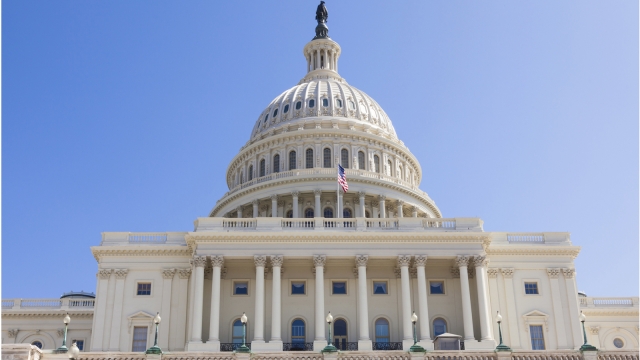Senators Introduce Bill to Ensure RFRA Can’t Be Used to Harm Others

Today, Sens. Kamala Harris (D-Calif.), Patrick Leahy (D-Vt.), and Mazie Hirono (D-Hawaii) introduced the Do No Harm Act, which would clarify that the Religious Freedom Restoration Act (RFRA) is intended to protect religious freedom without allowing the infliction of harm on other people.
“The freedom to worship is a founding principle of this nation as well as the right to live free of discrimination or fear that one’s civils rights will be undermined because of race, gender, sexual orientation, or gender identity,” said Harris in a statement. “The Do No Harm Act will ensure we protect both these rights for all.”
When RFRA was passed into law more than two decades ago, it was designed to protect minority religious groups’ constitutional right to freely exercise their religious beliefs. RFRA prohibits the federal government from “substantially burden[ing]” a person’s religious practice unless doing so is the least restrictive means of furthering a compelling governmental interest. RFRA was supported by a broad coalition of organizations including many in the civil rights community, who welcomed the law as an important shield from the tyranny of majority rule.
Despite this focused, straightforward intent, individuals and businesses have worked to distort RFRA into a blanket license to discriminate or to impose their religious beliefs on others. In the 2014 Supreme Court case Burwell v. Hobby Lobby Stores, the Court ruled that closely held for-profit corporations are exempt from complying with the Affordable Care Act’s contraception mandate based on the company’s religious belief under RFRA.
In her dissent, Justice Ginsburg expressed her concern that Hobby Lobby could lead to RFRA being used to permit discrimination against minority groups. In August 2016, this concern materialized in EEOC v. R.G. & G.R. Harris Funeral Homes, where a federal judge ruled in favor of a Detroit-based funeral home who fired a transgender employee due to her gender identity, stating that RFRA could be used as a defense in a sex discrimination claim under Title VII—exempting the employer from Title VII’s non-discrimination requirements. The Judge specifically relied upon Hobby Lobby in his decision.
Although the 6th Circuit overturned the district court decision in favor of the transgender employee, the case may be appealed to the Supreme Court. Both Harris Funeral Homes and Hobby Lobby illustrate how individuals and businesses are attempting to use RFRA to refuse to comply with federal non-discrimination protections and other federal laws.
That is why today’s introduction of the Do No Harm Act is so important. The Do No Harm Act clarifies that the Religious Freedom Restoration Act is intended to protect religious freedom without allowing the infliction of harm on other people. It would amend RFRA in order to restore the legislation’s original intent by specifically exempting areas of law where RFRA has been used to bypass federal protections.
HRC applauds Sens. Harris, Leahy and Hirono for their leadership and for introducing this important bill for the first time in the Senate. HRC is committed to working with Sens. Harris, Leahy and Hirono, as well as Reps. Joe Kennedy (D-Mass.) and Bobby Scott (D-Va.) who reintroduced the bill in the House of Representatives last year, to advance the Do No Harm Act.
You Might Like
